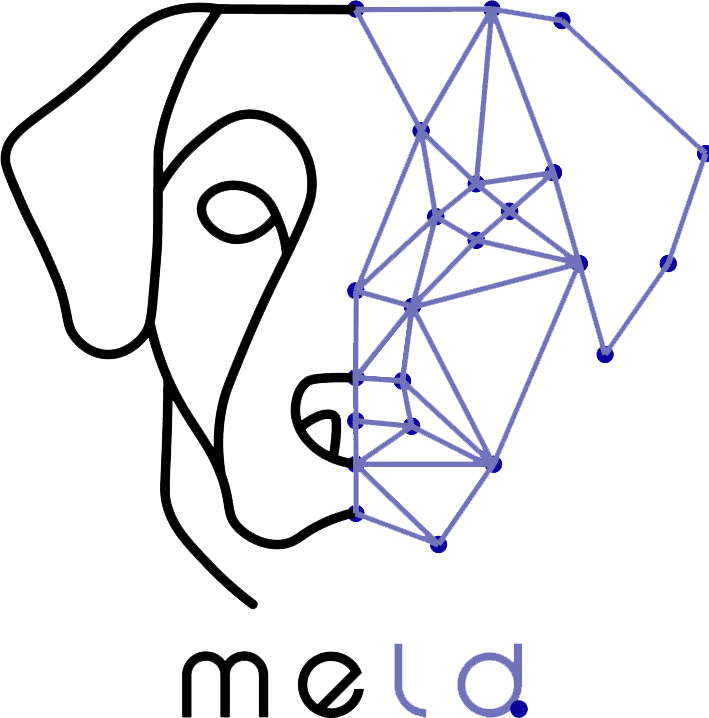This paper investigates pet owners’ privacy concerns regarding location data collected from pet wearables, specifically for cats and dogs, and how these concerns are influenced by the pet-human bond. The study of 180 participants found no direct difference in general privacy concerns between cat and dog owners. However, there was a significant difference in bonding between them, with dog owners reporting greater closeness and co-sleeping behaviors. Crucially, the research revealed that dog owners exhibit greater concern for how their pet’s location data is used, and this concern significantly correlates with the strength of their bond, particularly in terms of closeness and co-sleeping behaviors. This correlation was absent in cat owners. The authors suggest that for dog owners, these concerns may stem from safety fears like pet theft (especially for co-sleeping pets in predictable locations) or from viewing their pet as an “extended self,” meaning the pet’s location data is perceived as sensitive personal data about themselves. These findings emphasize that the relationship to the pet, rather than the species itself, impacts privacy concerns and should inform the design of privacy-respectful pet wearables.
Non-Invasive Computer Vision-Based Fruit Fly Larvae Differentiation: Ceratitis capitata and Bactrocera zonata
This paper proposes a novel, non-invasive method using computer vision

